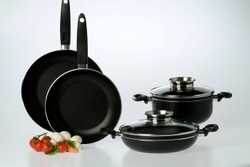- Weight: 4.41 pounds
- Blender type: Personal
- Colors: Black, silver
- Capacity: 20 ounces
- Motor power: 500 watts
- Accessories: Drinking lid
- Price on publish: $99.99
Best Blenders for Smoothies, Soups, Crushing Ice, and More
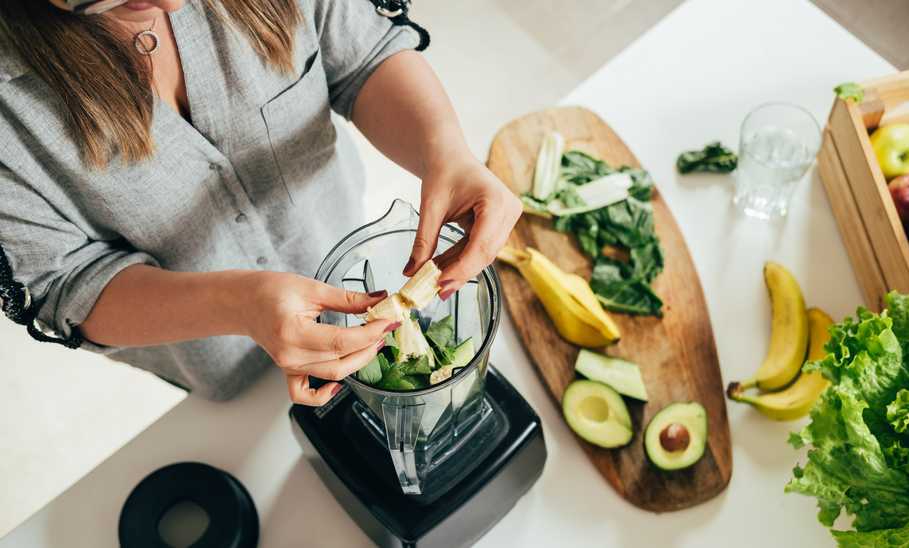
Our evaluations and opinions are not influenced by our advertising relationships, but we may earn a commission from our partners’ links. This content is created by TIME Stamped, under TIME’s direction and produced in accordance with TIME’s editorial guidelines and overseen by TIME’s editorial staff. Learn more about it.
Whether it’s a picky child who needs their vegetables hidden in a sauce, a power smoothie-obsessed gym rat, or just a really big fan of soup, there’s normally someone in your life who requires a blender. To find the right model for your blending needs, I’ve rounded up the best blenders out there.

If you’re mostly blending for one, you almost certainly don’t need a giant blender, so consider a personal one instead. Reinhart recommends this Zwilling Enfinigy model, saying that, “Designed for easy, healthy, individual meal prep, this personal blender has both Smoothie and Pulse settings, a hidden display when powered off, and a handy to-go drinking lid.”
A space-saving, compact personal blender with a handy included drinking lid for quick smoothies on the go.

Unless you live alone, those early-morning juices and smoothies are going to get on the nerves of people trying to sleep, so it’s worth considering a quiet model. Marie suggests this one, saying that, “The Breville Super Q Blender features noise suppression technology, a powerful motor, and multiple speed settings, suitable for both commercial and personal use. It demonstrates that you can enjoy powerful blending capabilities without the high noise levels typically associated with such appliances.”
A quiet, powerful but pricey countertop blender.

If you’re looking for something that’s as good at blending as it is at chopping up veggies, Javaid suggests trying the Ninja Foodi 3-in1. “Ninja has a few different processor-blender combo appliances that are effective, and the 3-in-1 model is a great option that’s relatively affordable,” he says. “As suggested, it can serve many different functions, from crushing tough ice to blending, and even mixing dough.”
An effective, affordable blender/food processor combo for tackling multiple jobs with one machine.
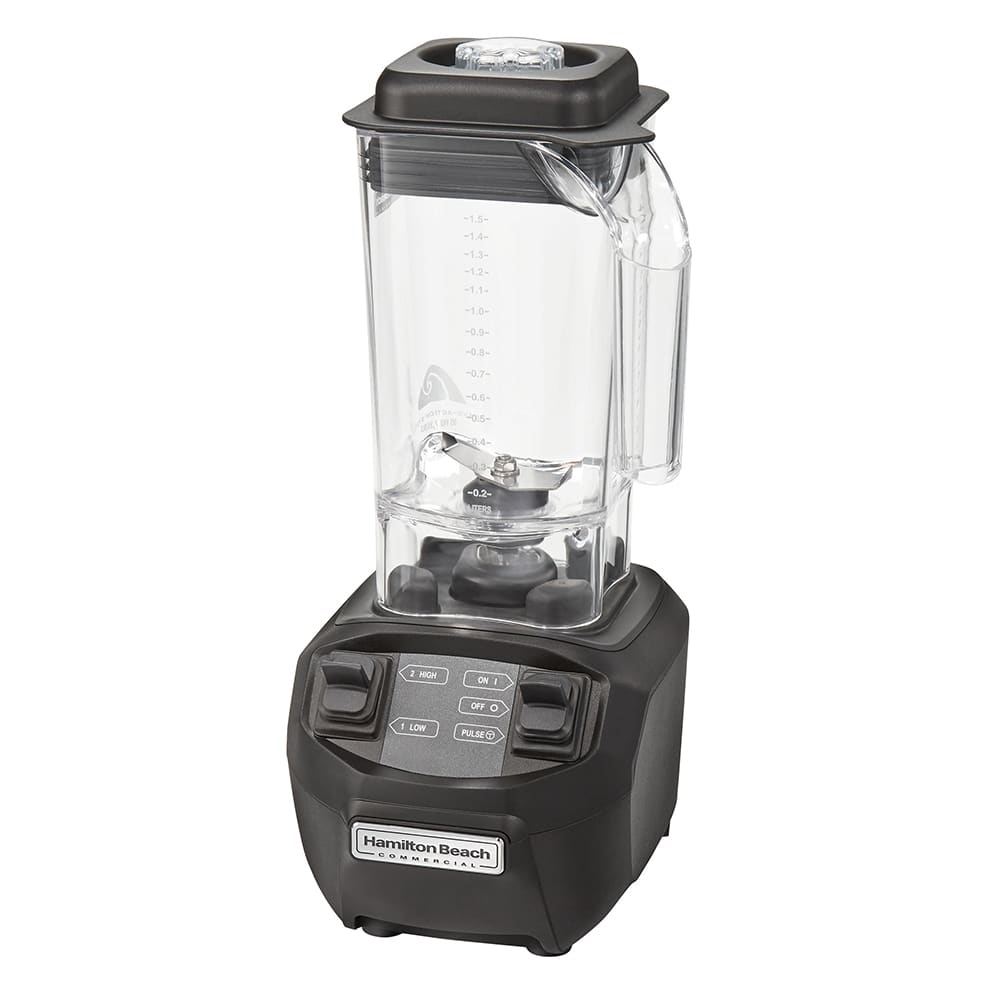
Margarita fans, this just might be the blender for you. “The Hamilton Beach Rio is a powerful blender ideal for crushing ice,” says Javaid. “It has a 1.6 peak HP motor and Wave-Action® jar that accompanies three pulse speeds. It’s suitable for commercial settings such as coffee shops and bars, but can also be used in the home for anyone who’s looking to invest in a high-performance blender.”
An iced drink lover’s best friend, this blender is sturdy, compact, and reliable.
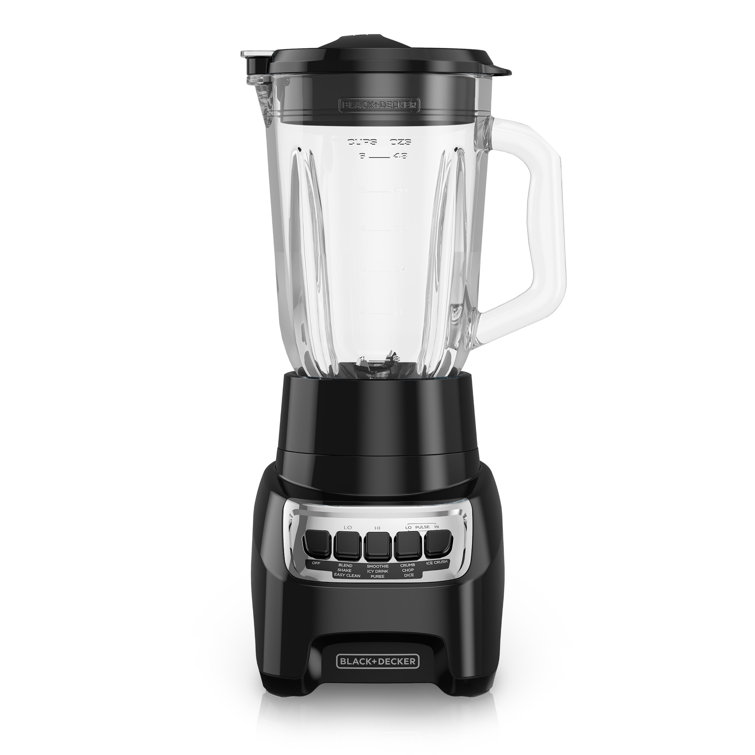
Blenders can get ridiculously expensive, so if you’re looking for a cheaper option that still does what you need it to, Javaid recommends this model, describing it as, “A versatile option that’s powerful and durable. It has adjustable speeds and can fit 48 ounces. Additionally, the glass container is dishwasher safe.”
A shockingly inexpensive blender from a highly reputable brand.

If you’re looking for a blender that’s as good at looking stylish as it is at, well, blending, then Reinhart thinks you’ll appreciate the old-school aesthetics of the Smeg BLF01BLUS. “With a stylish and retro vibe that comes at a price, everyone loves Smeg,” he says. “It has a BPA-free Tritan pitcher and a detachable, stainless-steel double blade that’s up to any blending job.”
If style is as important to you as functionality, this is the blender for you.

“In the realm of powerful blenders, key considerations include motor strength, blade design, and build quality, essential for tasks like crushing ice and blending dense ingredients,” explains Marie. “Leading the pack is the Vitamix 5200 blender, renowned for its 2-peak horsepower motor and variable speed control, capable of handling a wide range of blending tasks. While not separating pulp like traditional juicers, it still excels in creating juice-like blends from whole produce.”
A powerful, large-capacity blender that’s super easy to use.
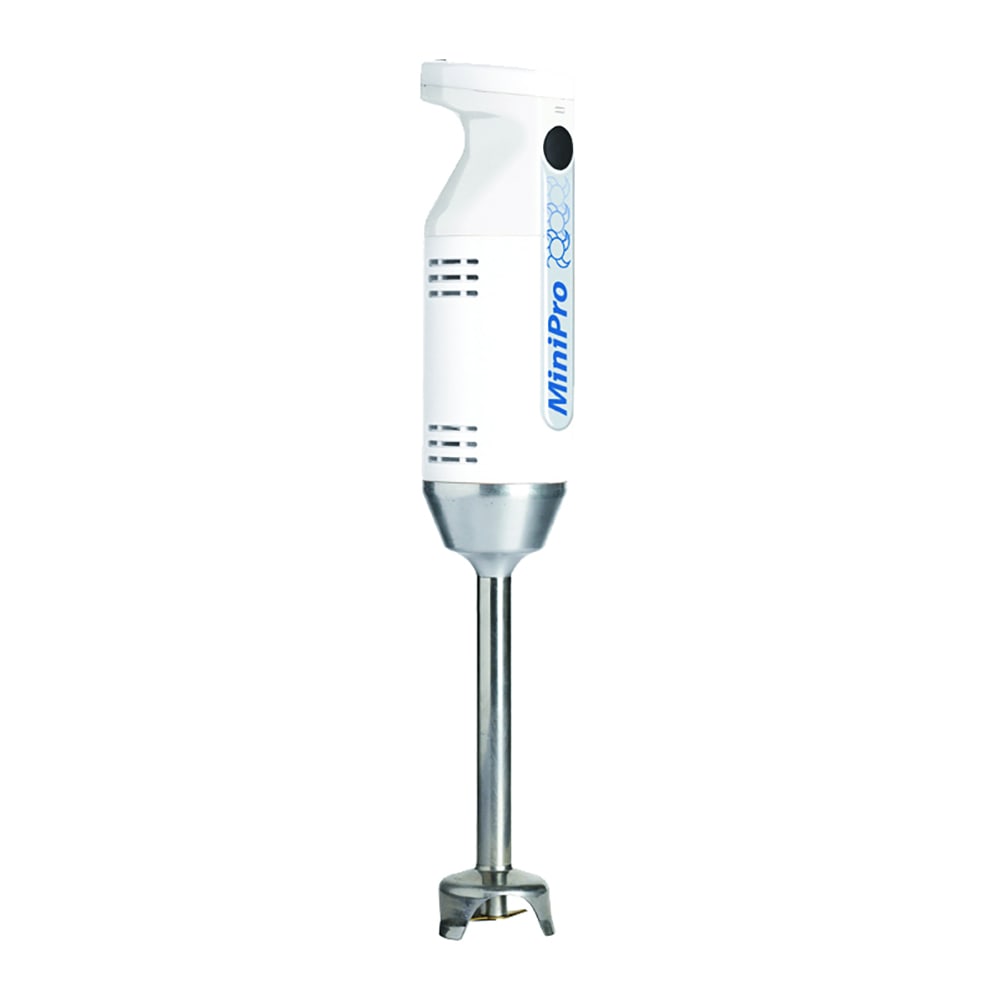
For those who don’t have the counter space for a larger model, but still want to blend up smaller soups and smoothies, an immersion blender is a good bet. “The Dynamic MiniPro is an excellent option, with four interchangeable mixing blades and an intense motor power of 13,000 RPM,” says Javaid. “Despite being an immersion model, it takes little to no manpower to be effective. And although it’s made of durable titanium, it only weighs about two pounds, making it easy to maneuver.”
A handy, lightweight immersion blender, ideal for smaller jobs.

For a really top of the line blender, look no further than this high-performance, commercial-grade model. “The KitchenAid Pro Line Series combines style with functionality, boasting a powerful motor and a unique asymmetric blade for efficient blending, making it a stylish yet performance-driven choice,” Marie says. “High-end blenders like this represent the pinnacle of blending technology, ideal for those willing to invest in top-notch performance and longevity.” Plus, it comes with a thermal control jar that blends and heats in minutes (while the outer jar remains cool to the touch).
A solid, well-built, powerful blender with an admittedly large price tag.

All about the juice? Then Javaid recommends Breville’s Juice Fountain Cold. “For juicing specifically, I would recommend using a combo blender/juicer, such as this model from Breville,” he says. “It has a super high capacity and strong motor, so you can juice even the densest fruits and vegetables.”
A convenient, juice-friendly blender designed to keep your drink cold.
These blenders were all selected in consultation with my panel of experts, to ensure I had the most appropriate model for every category based on functionality, looks, durability, and power. I also scoured customer reviews to ensure that everything on my list has been well-reviewed by buyers.
If you found this guide helpful, you may also like our guides to the best coffee makers, air fryers, and espresso machines.
The first aspect to consider is what will you use the blender for? “You mainly want to consider the primary functions,” says Fahad Javaid, general manager, operations at Zanduco. “An immersion blender, for example, will not perform the same as a countertop blender. For the largest capacity, you want to look for countertop blenders, whereas if you’re doing more smoothies and salad dressings, you may be best suited with a personal bullet blender.”
Especially if you’re using it every day, choose a blender that will perform reliably. “Durability is important, so look for sturdy materials and a good warranty,” advises April Marie, founder of The Curvy Italian sauce range. “You should also prioritize ease of cleaning, weight, and portability, while quieter models are preferable for noise reduction. Additional features like special attachments and safety measures like secure lids and non-slip bases enhance functionality and safety.”
Unless you’re planning on keeping your brand new blender in a cupboard, choose something you like the look of, that goes well with the rest of your kitchen. “If the blender is going to share space with other stylistic choices you’ve made for your countertop, what it looks like is important,” opines multi-decade retail expert Hank Reinhart, founder of Sabâvi Home. “Your coffeemaker, your toaster, your kitchen door hardware, and your other appliances adjacent to your countertop are all going to be neighbors. And as neighbors, you should encourage them to all get along.”
“Many high-end blenders can retail for as high as $600, and commercial models can creep into the thousands,” warns Javaid. “Unless you’re running a smoothie shop, you can likely find a suitable model for no more than $150.”
Blenders generally fall into one of the following three categories.
“These are your classic household models, which have the pitcher on a standalone electric motor, usually with anywhere from 30 ounces to 60 ounces in capacity,” explains Javaid. He adds that countertop models will typically have higher horsepower than immersion or personal bullet blenders, since the motor can be much larger.
“Immersion blenders are handheld appliances you can use to blend a simmering soup, mix ingredients in baking, and generally any other soft ingredients by immersing the appliance in the bowl or pot,” continues Javaid. He warns that they’re unsuitable for very hard pieces of food, like nuts or large quantities of hard vegetables.
“Personal blenders, commonly referred to as bullet blenders, are great for quick blending of small quantities of ingredients,” says Javaid. “Despite their size, they have powerful motors and sharp blades, similar to the larger countertop models. They are convenient if you are cooking for only one, and also very easy to clean.”
“If you only need to make one smoothie at a time, I would certainly recommend a bullet blender,” says Javaid. “Nutribullet is a well-known and reputable supplier of personal blenders. This set also comes in different cup sizes, which is great if you only want to mix a half portion of a smoothie.”
“Absolutely—they do what processors cannot, with less hassle, and they’re usually more nimble objects in your kitchen, especially the smaller to medium size blenders,” enthuses Reinhart.
“The best countertop and personal blender models are detachable and dishwasher-safe,” says Javaid. “When hand cleaning, you clean the parts like you would any cup or knife, taking extra precautions around the blade to avoid cutting yourself.” Once it’s washed, simply rinse and dry.
Javaid also warns not to keep the blade from soaking for too long, as you run the risk of it rusting. “If you want to avoid scrubbing the main blender compartment and blade, add warm water and a squirt of soap into the cup or pitcher and turn on the blender for 15-30 seconds,” he suggests. “This will help penetrate any stuck-on food quickly.
According to Marie, several models stand out for their ability to blend effectively while minimizing noise.
The information presented here is created by TIME Stamped and overseen by TIME editorial staff. To learn more, see our About Us page.
